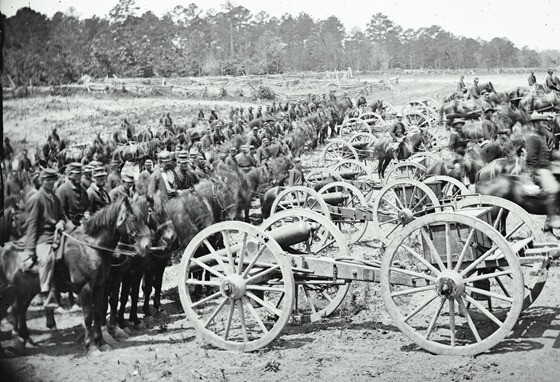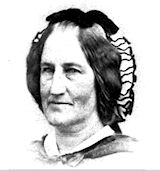John’s Island, S.C., June 18, 1862
Yours of May 23d reached me here last night, keeping up the series of your weekly despatches. Whatever may happen to me in this war I assure you there has been no item in it which has touched me so much as this series of letters coming so regularly in spite of all you had to occupy your mind. They have not been answered as they should have been, but do not suppose that I have failed to appreciate them, or the great thoughtfulness which dictated them. This one found me well and in good spirits, and with two bulletins already sent to John and Louisa informing them of these facts, I had left it for them to notify you and given up the idea of writing myself, for writing here is no small effort; but as General Williams orders all of us to sit up all night, I am going to devote my two hours of dawn to you.
You have probably heard, through Southern sources and with their usual degree of truth, of the action yesterday and you may have been anxious for my safety, though I hope you were sufficiently ignorant of all the facts not to be apprehensive for me personally. The amount of the whole story is that we had a severe action and were repulsed with very heavy loss. This much you know; and for myself, General Williams’ brigade was in the advance of one of the attacking columns, was under fire about four hours, during the whole of which time the danger of his men was fully shared by the General and his staff. I would not have missed it for anything. I had never been really under fire before and the sensation was glorious. There we were, mounted officers, either standing right before the enemy’s works, while the shells went shrieking and hurtling just over our heads and sometimes broke close to us, or else carrying orders to all parts of the line, feeling that you carried life and death in your hands. I was frightened of course — every one is, except a few who don’t know what danger is; but my fear was not what I had imagined it might be. My face was a little fixed I imagine. I knew that my nerves were a little braced, but my mind was never clearer or more easily made up on points of doubt, and altogether the machine worked with a vigor and power which, under the circumstances, I had never hoped it possessed. To all his staff, collectively and individually, General Williams has expressed the highest satisfaction, saying that he was perfectly satisfied and that a difficult and dangerous work could not have been better executed; and if you knew General Bob, and had seen how recklessly he exposed himself, and were aware how he does snub and how he does n’t praise, you would allow that this was something. In a word I don’t care if I’m never in action again, and I would rather not run its risk, though I should like once to join in the shouts of victory; but I would not for anything have lost the experience of yesterday and, without affectation, it was one of the most enjoyable days I ever passed.
I don’t pretend to give you a history of the engagement. You will get that from the lying prints, and a very false one it will be; but being on the staff I saw all the Generals and all the movements. There was Benham, an old hen, cackling round, insulted by messages from angry Brigadiers sent through boyish aids, and he himself mainly anxious for cover, indecisive, and, many thought, frightened. There was Wright, a little excited at times but growing genial and kindly as the fire grew hot. There was your friend, Stevens, dirty and excited, but clear headed and full of fight, with a dirty straw hat on his head and his trousers above his knees from the friction of riding. And finally, there was handsome Bob Williams astride of his big horse, defiantly planted in front of the battery in open field, full of all sorts of humors — the long sabre hanging from the saddle-bow and his eyes beaming, sparkling and snapping according to the turn of the fight. In the hottest fire he grew genial and took the occasion of a shell splashing us with mud to tell me an old and not very good story. Then the retreat was ordered and he grew savage, though not to us; and finally I thought old Benham would have to put him under arrest, he treated him with such undisguised contempt. My rides round the battle field too were curious. Here was a long line of wounded men toiling to the rear, and the different ways in which they bore their wounds, from the coward limping off untouched to the plucky fellow with his leg hanging by the skin making faces that he might not yell. There were knots of men behind hedges and in the ditches, stragglers and cowards, men who could not be shamed to the front. To talk of the horrors of a battle field is a misnomer. The hospital is horrid and so are the stretchers and ambulances running blood; but in the heat of battle a corpse becomes a bundle of old clothes and you pass the most fearful wounds with a mere glance and without a thought.
There was nothing disgraceful in our repulse, and our retreat was a model of good order and regularity. The regiments when overcome retired in column in common step and with their colors flying and formed exactly where their officers ordered. There was no running, no panic, and I felt proud of New England as I saw the 3d N.H. coolly hold their position between two murderous fires. We should have whipped them dreadfully had they followed us. . . .











